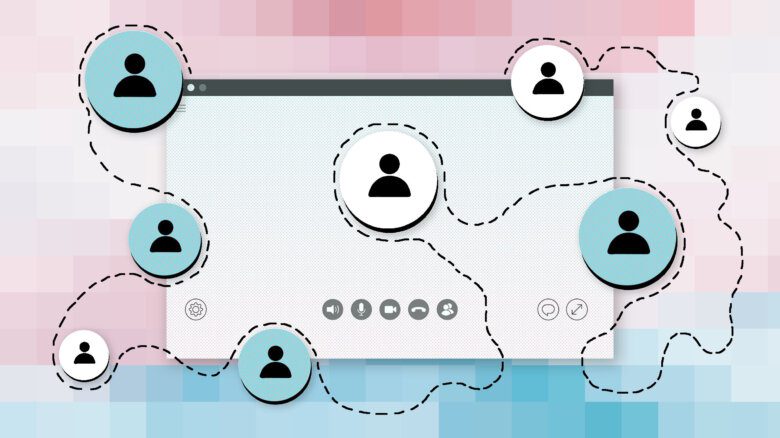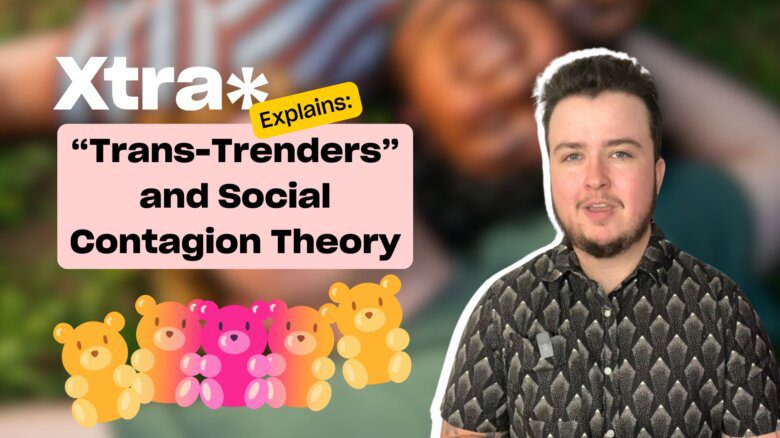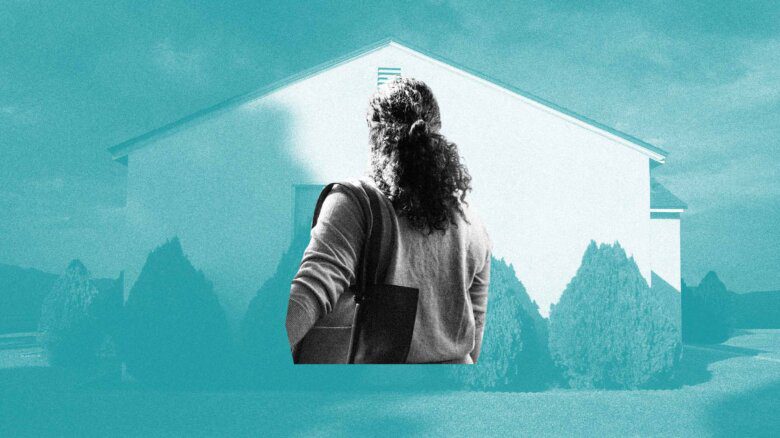It’s my last day of two weeks of vacation. I’m sitting in my favourite little park in Lisbon, one of my favourite cities in the world, and I am feeling horrible. No, not traveller’s tummy, nor fear of this pleasure ending; I’m ready to get home to my dog and to my own bed. The weather in Lisbon has cooled to near perfection and the breeze finishes the job. I finish my sparkling water and indulge in a beer, an Imperial. I can see the 25 de Abril Bridge stretching across the Tagus, but the hill to my left blots out the massive Christ statue on its other side. One thing I love about this city: I spot new, beautiful buildings all the time. Today it’s a square house with a tall turret popping up right out of its middle, the whole building painted a seafoam green, a favourite colour of mine, growing up like a barnacle downhill.
I feel horrible because even though I budgeted for this vacation, even though my boyfriend and I visit Lisbon because it’s a beautiful city, yes, but also an affordable one, even though I know I can pay for this vacation without dipping into savings, I am traumatized by spending money. And it is trauma; past poverty leaves a mark.
I’m not poor now. I’m New York City almost-middle class. As a queer person, staying back in the tiny town where I grew up felt impossible. Big cities hold more safety and deeper community, but for people from working-class backgrounds, these (expensive) queer cities—New York as much as Los Angeles, San Francisco, Vancouver, Toronto—can grind us down to the point of exhaustion, or worse. Where do we go if we can’t afford to live here? Seattle and Vancouver, the queerest cities nearest my childhood home, aren’t cheaper than NYC anymore.
I was poor as a child, and I’ve been poor as an adult, in the past. As a child, my parents grew and canned the food they could not otherwise afford. My earliest memories were of the cold. We lived at the foot of a mountain in Washington State in a house with thin walls and no electric heat. My mom sewed what we called “snakes”: long tubes of scrap fabric that we placed under drafty doors to keep the heat in, the cold out. They helped, but not enough.
As an adult, the years during and after my PhD still fill me with enough anger to keep me in therapy for years. At least in grad school I shared a subsidized apartment, but I quickly learned to skip birthday dinners and their required split bill. A postdoctoral researcher’s salary was then under $50,000, enough to save for a house in rural Indiana, but not enough to support a weekly MetroCard in New York City in the mid-2010s. One summer, I was side-swiped twice on my bike ride to work because I couldn’t afford the $2.25 swipe into the subway. I couldn’t afford to fix my broken bike, and I couldn’t afford not to; I was grateful, in a way, of the bloody wounds scratched into my flesh because they would heal without a bill. I knew I was lucky: my job came with health insurance.
The soft and constant horror of knowing that I couldn’t afford both rent and food. The privileged poor: white, educated and in a big gay city. A dear friend asked recently if I am resentful of the kids or the 30-somethings with money or means, but no. I’ve always been resentful that money, this made-up thing, was the air we breathed, and so many were left to choke. I didn’t want to win at class or capitalism, I wanted no one to suffer the anxiety of having not enough or the worry that might come, myself included.
On my first day of this vacation in Lisbon, on my first walk around this city, I turned the corner of some perfect building or another and saw the unmistakable glint of that singular purple. Jacaranda flowers. They took my breath away, but could it even be true? They were flowering in spring. The only time I’d seen them before was decades ago, the semester I studied abroad in Madagascar, where they flowered in fall, November. My phone app confirmed their species, but I didn’t need it once I’d gotten close enough to greet their smell. I fell in love with the trees, their colour, and wondered if jacaranda tourism was a thing; I’d travel the world just to see them again. I came here not even knowing they’d be there, and suddenly, there they were.
At 41, while I am not financially set, I am significantly more stable. I’m a middle-aged queer person with no kids. My job provides enough salary to pay my bills and save a bit—as long as I continue having a partner to share an apartment. New York City is not for the single, except for the rich and single. My job does provide benefits, including a generous matching 401k situation that I only kind of understand. I understand mostly that I need to max it out, and that compound interest means what I invest now matters the most—and that my financial advisor (more on that later) tells me will make me “very happy” when I am “older” assuming I don’t lose my job (more on that too, later).
Yet, financial anxiety won’t leave me. Some of it is not fully irrational. I am non-tenure-track faculty, essentially having to reapply for my job every three to five years. Without my partner to share rent and bills, I would have to move, and finding an apartment I could afford alone within an hour of my job would not be easy.
Like being thin, to be frugal was to be holy to my Irish Catholic family deeply marked by the Great Depression. For most of my childhood, the only “vacations” we took were the three weeks we would spend with my mom’s parents, where we all bunked up in one spare bedroom for free. We often took the Amtrak two days from Seattle to Minneapolis to save. No money for a sleeper car; we sat sleeping up. One year in a car with a broken door that would swing open to the deafening sounds of the abused metal of the train tracks every time the car turned left, and then slam back closed, muting most of the sound, with even the slightest turn right.
Brief list of my unnecessary Lisbon expenses: coming to Portugal at all; our most expensive meal, at a steak spot with my boyfriend Devon’s favourite tartare, where we paid something like one hundred dollars to eat, but were blessed with abundant food of exquisite quality and one decent bottle of red; the entry fee at the incredible bathhouse and the two beers I ordered to sit and talk to strangers in the lounge; the Uber I took to visit the sweet boy I met on Grindr who could host, but lived across the bridge in a large apartment with a bed on the ground where we mostly cuddled and talked; an Airbnb instead of a hostel; the second-least expensive bottle of rosé at the mini-market; the Uber, with Devon, to Belém Tower, although we saved seven euros by not going inside.
Belém, Portugese for Bethlehem. A Catholic, I never travel too far from my shame. From the money I spent that I didn’t need to spend.
I came to a modicum of financial security later than some of my peers, and earlier than others. Because capitalism is a trap, many will never arrive, and that should be a crime. In my 20s and even my 30s, I made choices that prioritized my intellectual and personal agency over financial security. My peers from grad school who pivoted from academic science into venture capital or patent law after we finished? They own homes by now, even in this economy.
Now, I have a job that pays most of my bills, as long as I don’t lose it or get dumped. This job allows me time to write, to rest, to do whatever research I find most compelling in the broad field of molecular biomedicine, and to be an outspoken activist.
My labour doesn’t just belong to me. I get to work with other queer people on issues relating to our health, especially sex, disease and pleasure. I get to share a community of writers trying to dismantle cisheteropatriarchal white supremacy through art! I work on and write about pleasure, mine and all of ours. I’ve longed to have a life this full of doing things that I love. The cost has been a decade, more, of less financial stability than I—than anyone—deserved.
I imagine another version of myself, one who did take a higher-paying, high-pressure job. At my age, yes, I might own a one-bedroom in Dumbo and have had a decade of quarter shares in the Fire Island Pines. I’d probably go to the gym at Equinox and not Crunch. But I wouldn’t have my art, my time off, my activism, the things that make me myself. The financial cost, my ongoing precarity, has—I think—been worth it.
The holy things I’ve done: fly TAP, a discount airline, that treats one not unlike Lisbon’s signature sardines; pick an affordable Airbnb even if somewhat small; make my coffee at home, especially given that off-brand Nespresso pods are, like, 10 cents or something; eat affordable lunches of kebab-frites for under five euros; walk just about everywhere instead of taking Ubers or even the subway or a bus (side note: Lisbon and its stairs and hills are great for your thighs and ass); order the entrecôte when the filet was right there, on the menu, next to it.
Being frugal is practical, yes, but it is not holy. It has no value. Because if it did, then any indulgence would be a sin. This is, at least, what I tell myself, and sometimes I’m even willing to listen.
At the small park overlooking the river and the bridge, I know this feeling will pass. My anxiety often angles upward before a big trip, anyway, under threat of forgetting flight times and lost passports, the fear of failing to hack my sleep on the plane to avoid jet lag. I feel the breeze: the breeze alone is worth the trip. I sit in my body and let my body do nothing but feel the ground, feel the chair, taste the beer I’d just sipped and feel the wind push into my body and my body push back into the wind.
Even with more material security, I don’t know that my anxiety would go away. Capitalism is incredible at making even the most wealthy among us feel precarious and therefore a need to amass more, more, more and even still more. No matter how much money I have, I will buy off-brand Nespresso pods to save. Moments of economic anxiety will arrive. When they do, like now, the Miradouro, I can feel my heartbeat in my ears and so I know my blood pressure is up; a nausea comes over me like a hangover stomach without having a hangover. I could lose my job, the stock market could tank, my parents could have a health emergency and need my help; I could lose everything and have to move out of New York, a city so hard to afford, but to where? Back home with my parents? I think and worry about it still, at 41.
For geriatric millennials and the generations after us, retirement feels like a cruel joke. Why plan for a future that increasingly seems a phantasm? I’m doing all the practical things I can do. I paid off the credit card debt that I needed to eat when I was a postdoc. I’m putting as much into my retirement account as is legally allowed. My college debt was forgiven after 10 years of working in universities. I am fine. I am fine; vacation and travel are worth investing in alone for the pleasure they give, the smell of the purple blossoms.
And then I remind my brain to stop. So what if I can hear my heartbeat in my ears? So what if I can feel a knot in my stomach? It will untie itself; it is not forever. I have a life abundant with love, friendship, thought, pleasure, creation. For now, I simply sit, smell the jacaranda in bloom. A fragrance I met when I was 20, a child, and not since. Nothing is worth it, or not worth it, on a nice day with the simple wind and the smell of these trees that I thought I might never meet again, but hoped to without even knowing it.
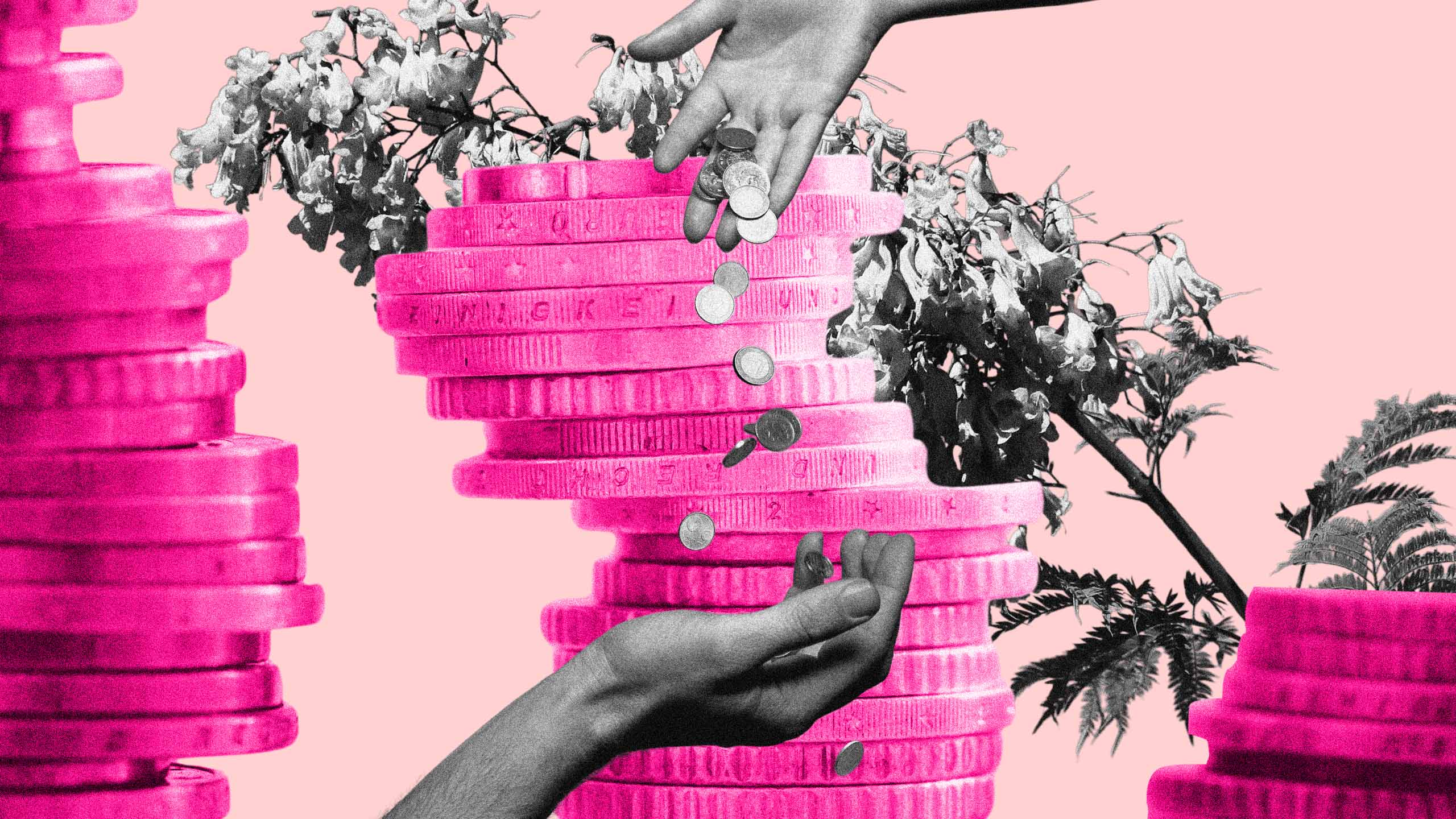
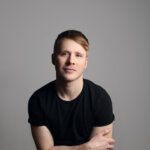
 Why you can trust Xtra
Why you can trust Xtra